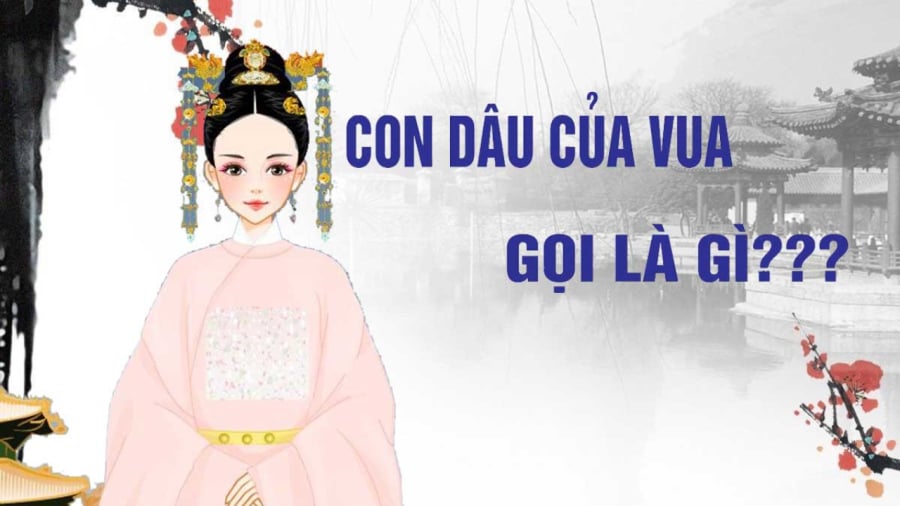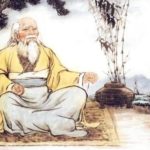In feudal societies, the king held supreme power, and his word was considered divine. The people surrounding the king also held specific positions of power and influence. Particularly, the king’s daughters and sons were highly sought-after marriage prospects. By marrying into the royal family, one could attain a high social status, commanding respect and admiration from the populace.
It is known that the son-in-law of the king was addressed as “phò mã.” To become a phò mã, a man typically had to be of noble birth, from a family of equal social standing, or possess extraordinary talent and physical attributes.
Many phò mã in Vietnamese history made significant contributions to the country’s development and defense. Some even ascended to the throne themselves. Notable examples include Lý Công Uẩn, son-in-law of King Lê Đại Hành, who later became King Lý Thái Tổ and founded the Lý dynasty; Trần Liễu, son-in-law of King Lý Huệ Tông; and Nguyễn Huệ, son-in-law of King Lê Hiển Tông, who later became King Quang Trung.
Compared to the phò mã, the king’s daughters-in-law are less frequently mentioned in history. Not many people know the term used to address the king’s daughter-in-law in ancient times.
In the past, the king’s daughter-in-law was referred to as “hoàng tức.” The book “Chuyện Đông, chuyện Tây” explains that “hoàng” refers to elements associated with the king and the royal family, while “tức” is an abbreviation for women. Combining these two characters forms the term “hoàng tức,” indicating a royal woman and specifically referring to the king’s daughter-in-law.

The king’s daughter-in-law was called “hoàng tức.”
Similar to the selection process for phò mã, becoming a hoàng tức required a rigorous vetting procedure. Although ancient societies did not emphasize the position of women, those who aspired to be the king’s daughter-in-law still had to meet certain requirements, such as being of noble birth. This arrangement brought numerous benefits to the husband’s family, especially the princes. They could leverage their wives’ families’ influence to establish themselves, gain a stronger position, and increase their chances of becoming the heir apparent to the throne. However, there were also exceptions where common-born women with exceptional beauty and talent captured the hearts of the princes.
The Eight Individuals with ‘Double Pupils’ in History: Saints and Emperors Alike
The trait of having “double irises” or “dual pupils” (two pupils in one eye) has long been considered an extremely rare and auspicious feature. This unique physical characteristic is often associated with individuals of great significance, such as saints or emperors, setting them apart as extraordinary beings.





































